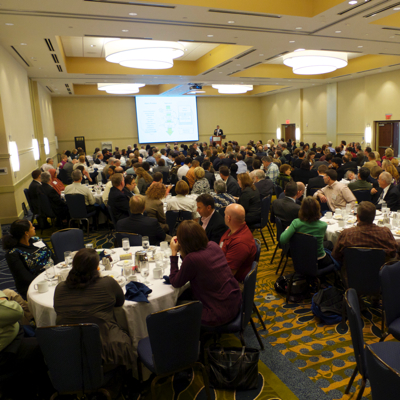Clinical alarm safety can be hard to achieve, and once attained, a struggle to maintain. There are so many challenges:
- False/positive and non-actionable alarms;
- Optimizing default alarm limits across patient populations and for individual patients;
- Spread out nursing units with high patient-to-nurse ratios;
- Numerous alarm notification methods - audible signal amplification, monitor techs and alarm notification systems;
- And the constant threat of complacency and alarm fatigue.
The inaugural Clinical Alarm Safety Symposium, November 20-21, 2014, will delve into these issues and more to provide attendees with actionable information that can be later applied in your institution to ensure continued clinical alarm safety.
Topics Include
- Methods for researching and analyzing alarm sources and settings in your institution
- Reducing nuisance and non-actionable alarms
- The role of monitoring techs in addressing alarm fatigue
- The role of alarm notification systems in improving the reliability and timeliness of alarm notification
- The impact of house-wide patient monitoring on alarm management and response
- Noise associated with medical device alarms and the resulting impact on patients and staff
- The impact of decentralized nursing stations and private rooms on alarm notification
- A sample project plan for assessing and optimizing the clinical practice of alarms: data collection, analysis, optimization and ongoing management
- A sample project plan to conform to the Joint Commission's National Patient Safety Goal on Alarms
- Optimizing policy on alarm limit defaults and the process defined to adjust defaults per patient
- Using alarm data analytics as a management tool for patient safety, workload balancing and staffing
- Key requirements for alarm notification systems: capabilities, performance and usability
- The role and key requirements for mobile devices for alarm notification applications
- The technology management life cycle for alarm notification systems
- IT and Biomedical/Clinical Engineering governance best practices for alarm notification systems
- The role of rapid response teams in alarm notification
The symposium also includes exhibitions from sponsoring and supporting organizations.
Call for Speakers
Speakers are actively being sought for this symposium. Please note that due to limited speaking slots, preference is given to hospitals and research centers, regulators, and those from academia. Additionally, vendors/consultants who provide products and services to these companies and institutions are offered opportunities for podium presentation slots based on a variety of Corporate Sponsorships.
Those interested in nominating speakers or submitting a presentation proposal themselves may contact the program chairperson (email) or TCBI.
Meeting Overview
The symposium will be held at the Hyatt hotel at Dulles International Airport in Herndon, Virginia. More details on the event can be found here.
The symposium is produced by The Center for Business Innovation (TCBI) and is scheduled for a full day November 20th and with a morning session until noon on the 21st. The afternoon of the 21st, will include one or more optional half day workshops (which will be available at an additional cost separate from the symposium).
To my knowledge, this is the first event dedicated to alarm safety since the Medical Device Alarms Summit in 2011. With the first milestone recently past for compliance to the Joint Commission's NPSG on Alarms, the time is now for health care providers to gather together to share best practices and lessons learned.



Recent Comments